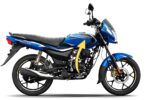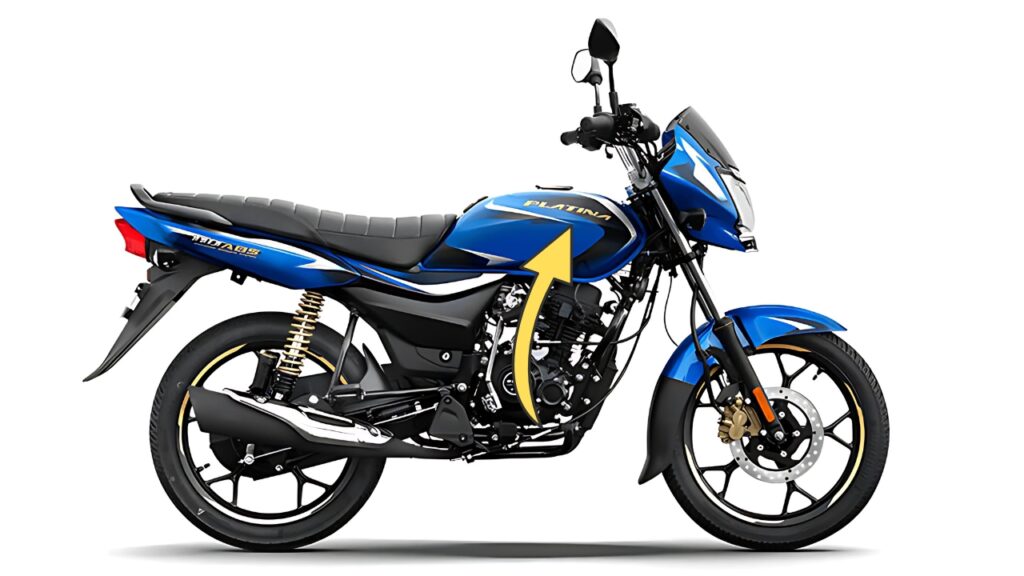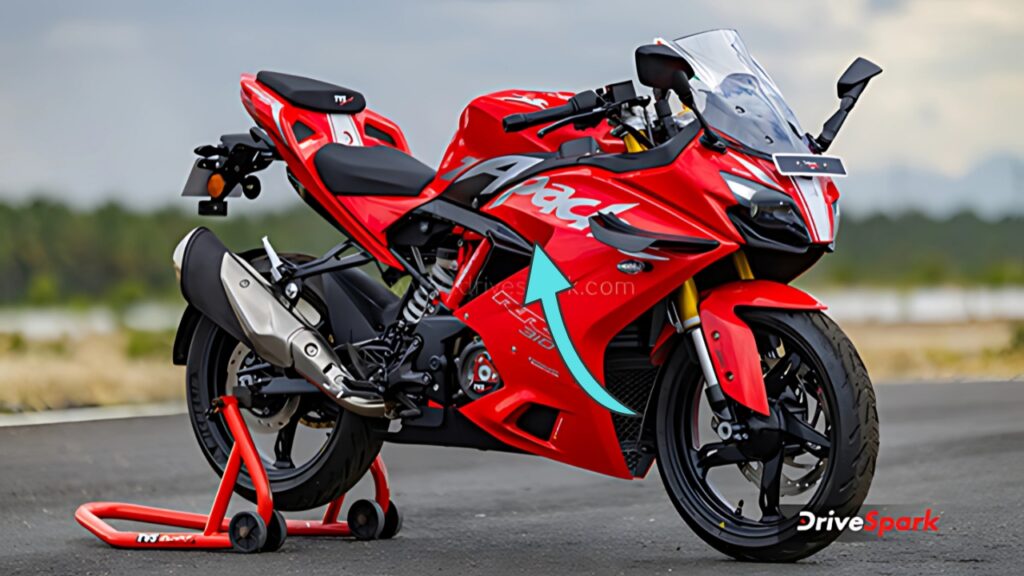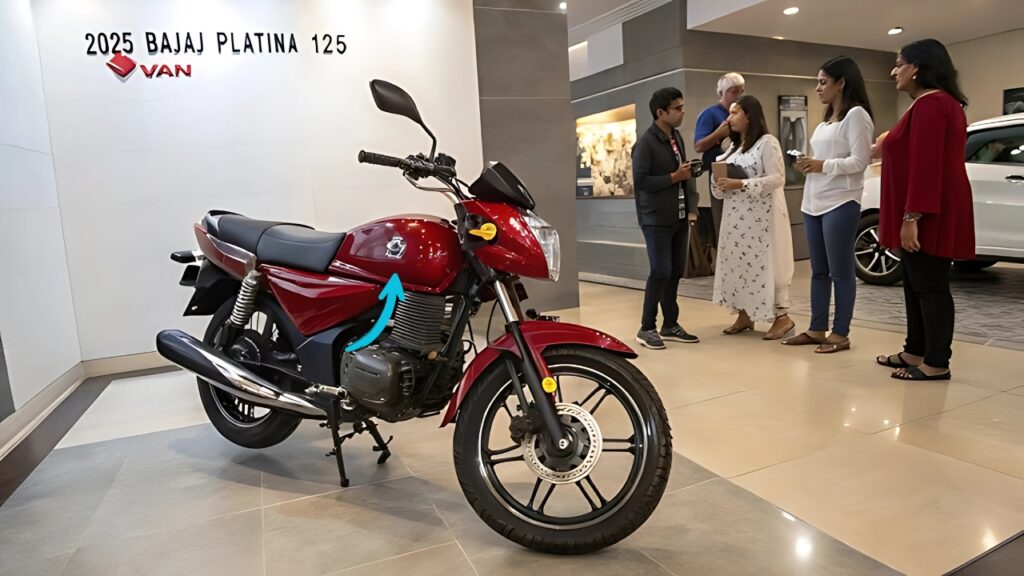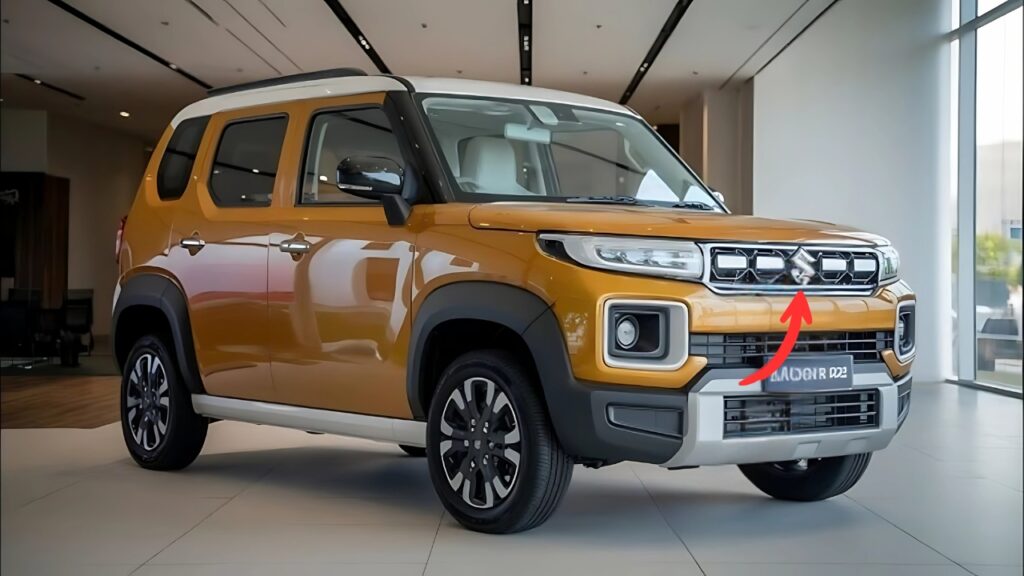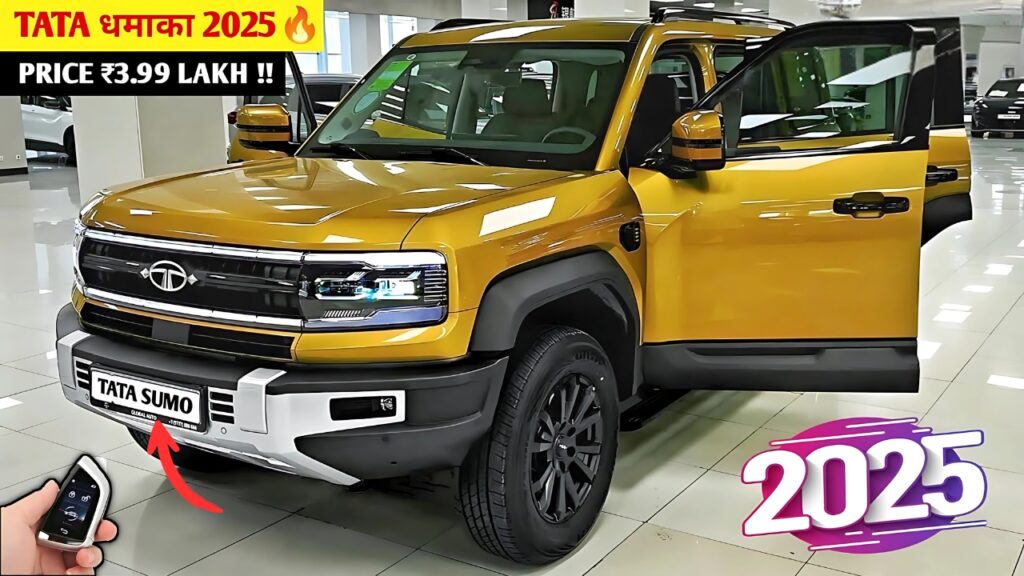Rajdoot Bike: The history of Indian motorcycling has seen many a rivalry that set fire to the hearts of motorcycle enthusiasts but none piqued their interest like the battle between Rajdoot and Yamaha’s RX 100.
In the 1980s, and the early ’90s, both these motorcycles were headlining a great time for lightweight sport motorcycles in India, vying for the top spot in the market.
Table of Contents
Rajdoot Bike The Legend of RX 100
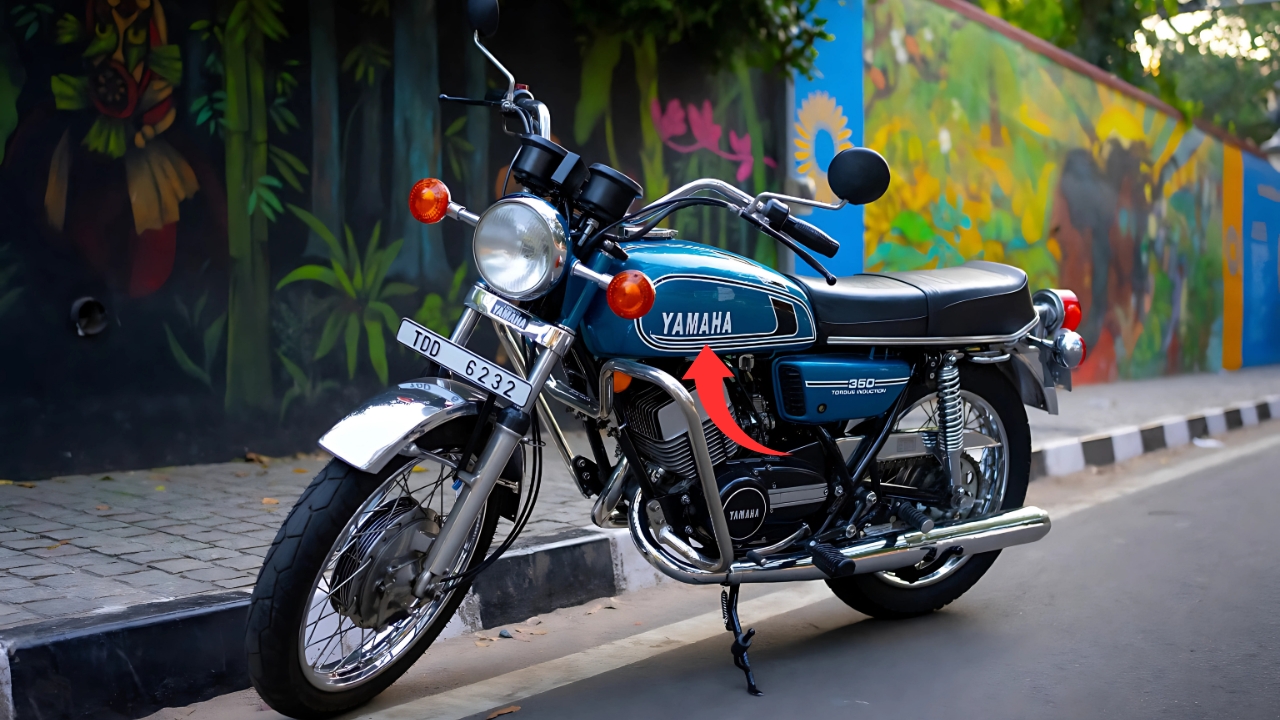
Rajdoot Bike 1985- A year that changed the Indian biking landscape forever and for the good, this is the year when Yamaha introduced the RX 100 on Indian roads and from then on there was simply no looking back as far as seriously quick motorcycles were concerned.
Having an exciting power-to-weight ratio from a 98cc two-stroke engine that belted out an awesome output of 11 bhp was reason enough to carve a niche for itself in the hearts of many.
With its light chassis, instant reflexes and that big twin engine barking down your throat, it was the bike of choice for speed freaks everywhere.
Rajdoot’s Strategic Challenge
Escalating Motor Industries, which produced Rajdoot motorcycles, decided that it was necessary to produce a rival that would compete against Yamaha’s success.
The company had already made a name for itself with their Rajdoot 175, though they needed a special machine if they were to go head-to-head with the RX 100’s performance merits.
The Rajdoot GTS 175
That turned out to be the Rajdoot GTS 175, which was endearingly referred to as the “Rajdoot Yamaha” in the biker community. Rajdoot’s most credible attempt to challenge the RX 100 was this 173cc two-stroke motorcycle.
Aimed at a different displacement class, but offering a very similar experience based on appearances, GTS 175 promised all the same thrills with added personality.
Design and Engineering Philosophy
While the RX 100 focused on urban Japanese design, the Rajdoot GTS 175s was a rugged, workaholic look. The salient characteristics of it were:
An extremely sturdy frame engineered for the diverse road conditions in India
More ground clearance for when the going gets rough
Torque biased engine with strong mid-range wipe the floor with the unsuspecting.
Mechanical simplifications that made it simpler for maintenance to be done in smaller towns
Market Positioning
They tried to sell it as a more down to earth option to the RX 100. Although the Yamaha was king on the well-paved stretches and in cities, the Rajdoot was designed for customers who wanted something that worked across road conditions.
This strategic divergence contributed in helping Rajdoot establish its separate identity instead of directly aping the Japanese brand.
The Fight for Consumer Affection
Head to head, the battle of these bikes took many forms:
Price Point: Rajdoot was cheaper, reaching out two performance motorcycling to more people.
Availability: Rajdoot had better market reach in areas where Yamaha had no network, as it was selling through a network of dealers in smaller towns and rural areas.
Spare Parts: Because Rajdoot was comparatively simple mechanism, parts were readily available and could be repaired locally by mechanics without any special training.
Fuel Mileage: Both the bikes were two strokes and equally thirsty, however, Rajdoot projected the bike as fuel efficient ideal for daily commuting.
Cultural Impact
Both these bikes have moved beyond their mechanical specifications to loom large as cultural icons. The RX 100 signified glamour and performance, the Rajdoot was a colloquialism for dependability and economy.
Films, music and popular culture references helped to enshrine both bikes in the national consciousness.
Legacy and Evolution
The two-stroke titans, as emission rules progressed in the late 90s and early 2000’s, both threatened to go the way of the dodo.
Industry changes that saw it move away from two-stroke designs in favour of four-stroke tech eventually saw both models cancelled, but not before they’d manage to answer angry fan calls for their return.PS5: what we want to see from the PlayStation 5 In other words, these are the PlayStations of the mid-70s Chrysler car-era.
Collector’s Items
Both the Rajdoot GTS as well as the RX 100 fetch good prices when in well-preserved condition in the vintage motorcycle market now.
“Restoration clubs and enthusiast groups have meets all over the country, preserving the legacy of these icons for new generations to experience and enjoy.”
More than Rivals: The for their own compelling and complementary legends.
Looking back, we can see that the Rajdoot versus RX 100, wasn’t a zero-sum game, but were parallel contributory substances that combined to enrich the culture of bikers in India.
Both spurred each other to innovate and better the other, in the end, benefiting customers and turning performance motorcycling into a mainstream in India.
Rajdoot Bike The Verdict of History
Although sales would indicate that the RX100 ended up being the more successful product, the RajdootGTS175 had achieved its goal of providing an alternative that had character.
In its stand-off with the RX 100, Rajdoot had defined India’s motorcycling character at a crucial juncture.
The story of the Rajdoot standing up to the RX100 continues be an interesting chapter in the history of Indian motoring—it’s proof that competition can spark innovation and despite solving the same problem can lead to memorable outcomes.
Both bikes are now revered by Indian motorcycling enthusiasts and their wiry exhaust notes resonate in the memories of a generation of riders.
